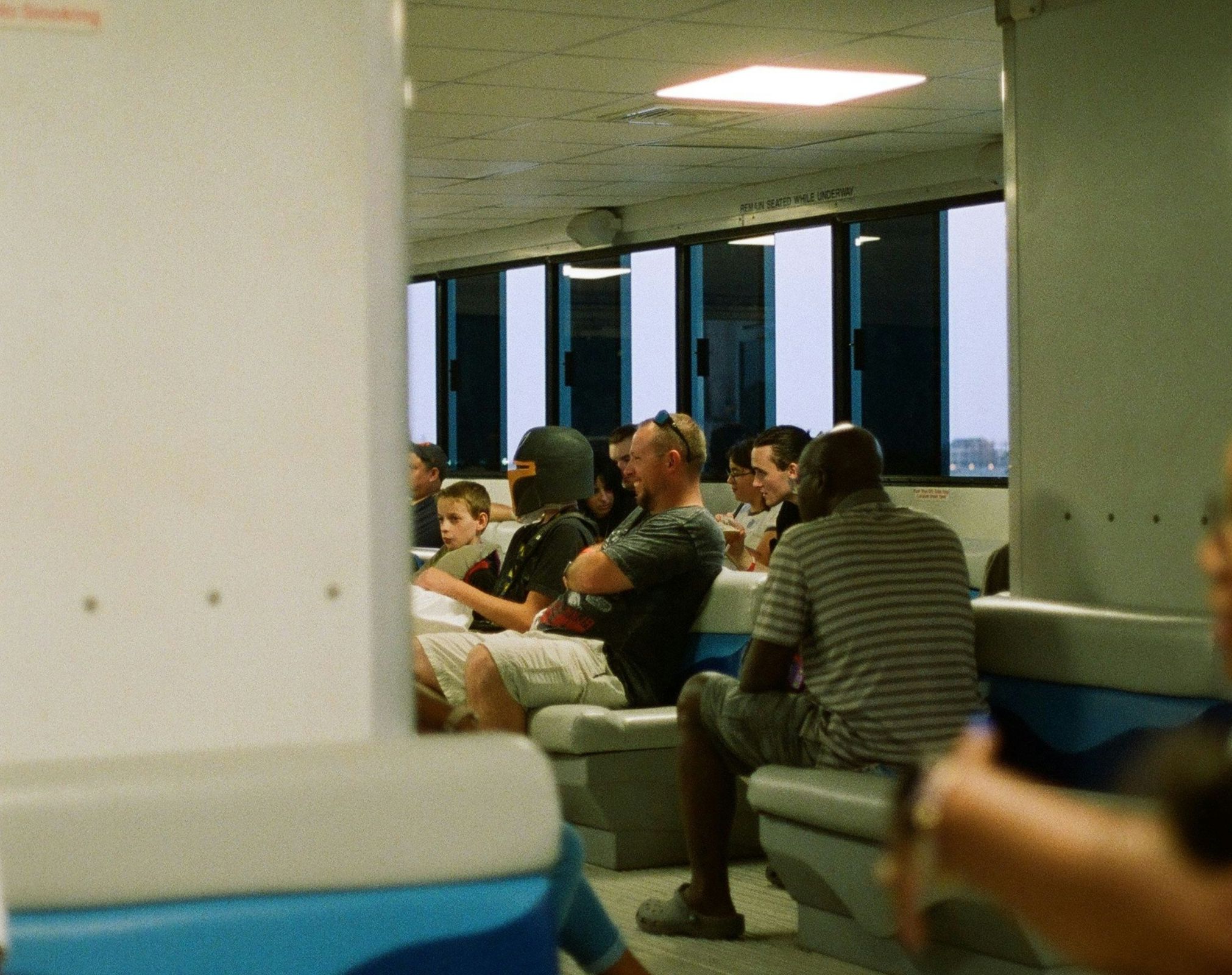The time is now to grasp the qualitative shift we need from neighbourhood health and it's all about ‘three Ps'.
Personalisation: Rather than patients ‘flowing' around the system, we must get better at wrapping a variety of services around people and enabling them to take control of their health and their lives. The core question for people with long term and multiple conditions – between a third and half of whom do not adhere to the treatment regimes prescribed to them – is not ‘what is wrong with you?' but ‘what matters to you?'.
Proactivity: Politicians and the public tend to see the problem of the NHS as insufficient supply to meet demand. But as big of a problem, particularly in deprived areas, is that we lack demand from those who need it. Whether it's the low take-up of screening and vaccines (an issue tragically highlighted in Liverpool when an unvaccinated child died of measles) or people waiting too long to seek advice and treatment, we need to strengthen trust and engagement. Through stronger outreach and proactive care strategies, neighbourhood health can boost prevention and reduce failure demand.
Productivity: Getting better health impact for our investment is both about doing things better and doing better things. Most improvement work focuses on the former within organisations. Instead, neighbourhood health – through personalisation, proactivity and effective use of data and digital – offers a different model of collaborative healthcare with the potential to save money and improve outcomes. Most health leaders see all of this.
The problem is delivering it. There are big barriers of which the highest are probably getting primary to operate at scale, getting not just different parts of the NHS, but different agencies in different sectors to work together and creating a feedback loop whereby reduced demand generates cashable savings and sustainable workforce shifts from acutes to primary and community services.
The Government's 10-Year Health Plan suggests ways in which the NHS might be differently incentivised and structured to overcome some of these barriers. But the heavy lifting will have to be done locally. Immediate and stretching financial targets plus provider accountability regimes which focus on organisational performance rather than system contribution don't help. League tables, about which provider leaders are understandably very exercised, tell the public little about whether providers are contributing to prevention or the left shift. In every system and place there is a conversation about who will lead on place integration – potentially grasping the opportunity of becoming an IHO - and neighbourhood health.
It is often assumed that there is one answer to both questions. This isn't necessarily the case. However, in these discussions I sense that once again the NHS is in danger of underestimating the importance of partners outside the service. For several reasons, neighbourhood health is much more likely to succeed if local government is a full partner.
Neighbourhood providers should be aiming for a fully joined up health and care service. This is acknowledged in phase one of the neighbourhood health programme recently launched by the DHSC and requiring bids to be made jointly by ICBs, local authorities and other partners. When it comes to population health and addressing social and environmental factors, neighbourhoods should draw on the data and insights of local authority public health teams.
The overwhelming sense I get from talking to local NHS leaders is of cognitive overload. Issues of finance, performance oversight, winter preparation and potential industrial action jostle with the possibilities (and perceived threats) of reform. The danger, as always, is that leaders retreat into an exclusive focus on the interests of their own organisation.
At the NHS Confederation we have been approached by several leaders asking whether we might facilitate local conversations about IHOs, integration and neighbourhoods. We are keen to help. When we do so we will underline the potential of neighbourhood health as a qualitatively different and genuinely multi-agency service to people and communities.



